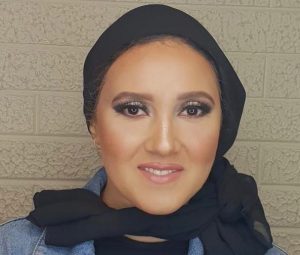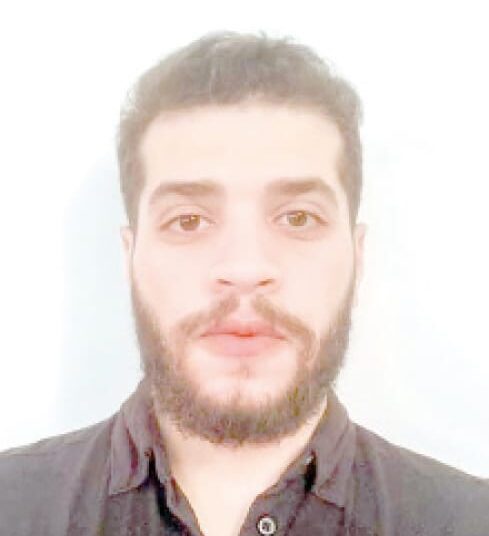
Hassan Aboelleil, a software engineer from el-Minya, Upper Egypt, saw a gap in the market for solid waste collection services. So, he came up with BioBekia, a website enabling individuals to sell their solid waste in exchange for an amount of money.
EG: What is the passion behind starting Biobekia?
Hassan Aboelleil: Since my childhood, I see that most of Egyptian households are always full of solid wastes bringing nothing but environment hazards and gloom to the place. I started to think of making a change around in my network. I find that most people don’t know how to sort solid waste. Usually the bekia (rag-and-bone) man deceives them when weighing waste.
EG: What is your background?
HA: I am a software engineer, I have five years’ experience as a business intelligence engineer, five years in business development, and the last four years in the waste management field.

EG: What are the issues you are solving? What is your business value proposition?
HA: People face many difficulties in disposing of their home waste. The first difficulty is lack of communication with people to get rid of waste. If they do find someone, the second problem is that people don’t know how to sort their junk. The third difficulty is that even if they do know how, the rag-and-bone man will take advantage of the person’s ignorance and undersell by weight or quantity.
EG: Tell us more about the process, the users and the business model
HA: Biobekia enables people to sell their solid wastes versus money with the aim of reusing them in other industries.
To request the service and get rid of the scrap you have, you can easily access the site, make a request, write your address and your phone number, then upload the scrap pictures.We will contact you to determine the appropriate date for waste collection.
Our revenue stream is a commission-based at 20-30 per cent on every transaction between the customer and the trader.
EG: What are the main challenges you face?
AH: Making a change in the culture of recycling and reusing resources in Egypt.
The next challenge is to contribute to raising the efficiency of waste management system.
EG: What are your achievements and your next plan?
AH: The company graduated from the MINT Incubator and YEP (Youth Entrepreneurship Programme), and within two years we collected 170 tonnes of scrap through 1,460 orders. We now plan to expand into Assiout and Beni Sueif.
We also have plans to launch two more services, one for donating waste and the other is business to business.
EG: Do you think the ecosystem helps you?
AH: As for the entrepreneurship environment, it is huge and helpful and it has developed rapidly in Egypt. However, I think there should be a better environment for technical fields like industrial, environmental and other scientific sectors that are still suffering from centralisation systems while issuing their licenses and documents.






Discussion about this post